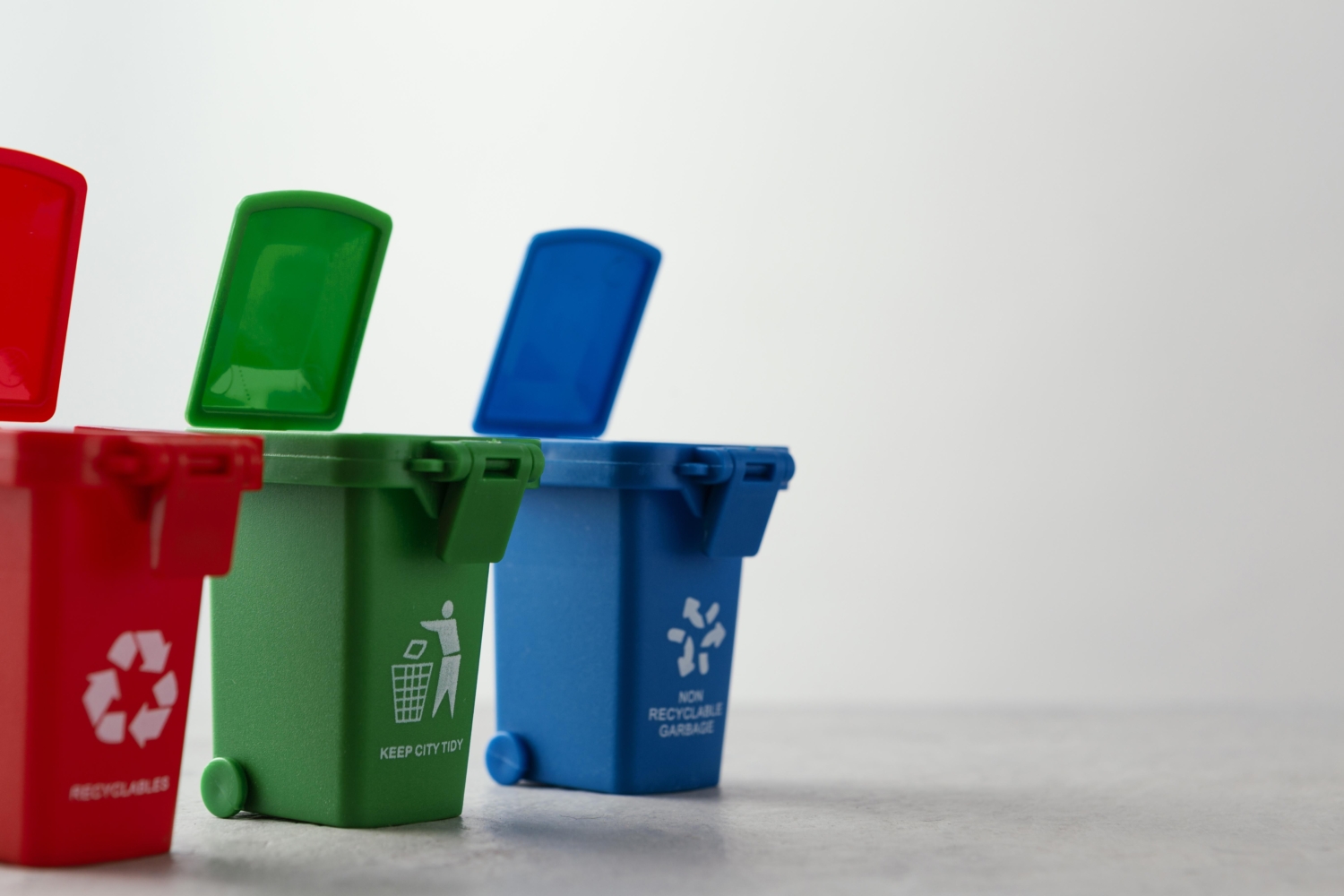Introduction
In recent years, sustainability has transcended its status as a buzzword, becoming a crucial element across various industries, including Meetings, Incentives, Conferences, and Exhibitions (MICE). As a professional travel agency dedicated to eco-friendly practices, we observe a significant shift towards sustainable MICE events. This green revolution not only aligns with global environmental goals but also addresses the increasing demand from clients and attendees who prioritize eco-consciousness.
The Importance of Sustainability in MICE
Sustainability in the MICE industry is not just a trend; it’s a necessity. As awareness of environmental issues grows, stakeholders are increasingly demanding greener events. Sustainable practices help minimize the negative impact on the environment, support social responsibility, and can even enhance economic viability. Incorporating sustainability into event planning ensures that the MICE industry can continue to thrive while protecting our planet for future generations.
- Environmental Impact Awareness
Recognition of Carbon Footprints and Waste Generation
Large gatherings such as conferences, trade shows, and exhibitions generate substantial carbon footprints due to energy use, transportation, and waste production. Awareness of these impacts is increasing among event organizers and participants.
Example: Major events like the UN Climate Change Conference (COP) have implemented comprehensive sustainability plans to minimize their environmental impact. COP26, held in Glasgow in 2021, aimed to be a carbon-neutral event by promoting public transportation, offsetting emissions, and ensuring waste was minimized through recycling and composting.
Sustainable Practices to Mitigate Environmental Impact
Event organizers are increasingly adopting practices such as using renewable energy and promoting recycling to reduce their environmental footprint.
Example: The Kigali Convention Centre in Rwanda uses solar panels to generate electricity and has implemented a stringent recycling program. These measures contribute to reducing the carbon footprint of events held at the venue.
- Corporate Responsibility
Focus on Corporate Social Responsibility (CSR)
Companies in Africa are integrating CSR into their business models, emphasizing environmental stewardship through sustainable events.
Example: The African Union (AU) regularly hosts events and summits with a focus on sustainability. For instance, the AU Summit on Climate Change included sessions on reducing the environmental impact of large gatherings and promoting green practices among member states.
Enhancing Brand Image Through Sustainable Events
Organizing sustainable events can enhance a company’s reputation by showcasing its commitment to environmental responsibility.
Example: MTN Group, a leading telecommunications company in Africa, ensures its corporate events are environmentally friendly by using digital solutions to reduce paper use, promoting recycling, and sourcing local, sustainable catering.
- Regulatory Pressures
Stricter Environmental Regulations
African governments are increasingly implementing regulations to reduce environmental impacts, pushing event organizers to adopt sustainable practices.
Example: South Africa’s National Environmental Management: Waste Act requires large events to manage waste responsibly, encouraging recycling and waste reduction. This legislation has led to more sustainable practices at events like the Johannesburg International Motor Show.
Necessity of Compliance
Event organizers must comply with environmental regulations to avoid penalties and legal issues.
Example: In Kenya, the Environmental Management and Coordination Act mandates that event organizers conduct Environmental Impact Assessments (EIAs) for large events, ensuring sustainable practices are in place. Events like the Nairobi International Trade Fair adhere to these regulations by implementing waste management and water conservation measures.
- Consumer Demand
Preference for Eco-Friendly Venues and Services
African consumers are becoming more eco-conscious, preferring events that prioritize sustainability.
Example: The Meetings Africa conference held in Johannesburg showcases the continent’s sustainable business tourism offerings. The event itself is designed to be eco-friendly, with initiatives like waste minimization, energy conservation, and promoting the use of public transportation for attendees.
Market Differentiation Through Sustainability
Sustainable events can differentiate themselves by attracting attendees who value environmental responsibility.
Example: The Sustainable Development Goals (SDG) Summit in Addis Ababa, Ethiopia, focuses on sustainability and includes green practices such as paperless sessions, eco-friendly venue setups, and local, sustainable catering. This helps the event stand out as a leader in sustainable event planning.
Key Sustainable Practices in MICE Events
- Eco-Friendly Venues
– Opt for venues with sustainability certifications, such as LEED or Green Key, which are designed to minimize energy use, reduce waste, and promote recycling.
- Green Transportation
– Encourage the use of public transport, shuttle services, and carpooling to reduce the carbon footprint of attendee travel. Offset carbon emissions through verified carbon offset programs.
- Sustainable Catering
– Choose locally sourced, organic food and beverages to minimize transportation emissions and support local agriculture. Use biodegradable or reusable cutlery and plates.
Digital Solutions
– Implement digital platforms for registrations, tickets, and event materials to cut down on paper waste. Use event apps, digital signage, and online feedback forms.
- Waste Management
– Implement comprehensive waste management strategies, including recycling stations and composting for organic waste, to minimize the environmental footprint of events.
Benefits of Sustainable MICE Events
- Cost Savings
– While initial investments in sustainable practices may be higher, long-term savings from reduced energy use and waste management are substantial.
- Enhanced Reputation
– Companies hosting eco-friendly events are seen as leaders in sustainability, enhancing their reputation and attracting like-minded clients and partners.
- Compliance and Risk Management
– Adhering to environmental regulations reduces the risk of non-compliance penalties and enhances the overall risk management strategy.
- Positive Attendee Experience
– Sustainable practices often translate to a more pleasant and engaging experience for attendees who appreciate the environmental consideration.
Conclusion
The rise of sustainable practices in the MICE industry signifies a promising shift towards a greener future. By adopting eco-friendly strategies, MICE organizers can significantly reduce their environmental impact, meet regulatory requirements, and appeal to the growing segment of eco-conscious consumers. As a travel agency committed to promoting sustainability, we are here to help you plan and execute MICE events that are not only successful but also environmentally responsible.
For more information on organizing sustainable MICE events, contact us today. Let’s work together to create memorable and eco-friendly experiences.








